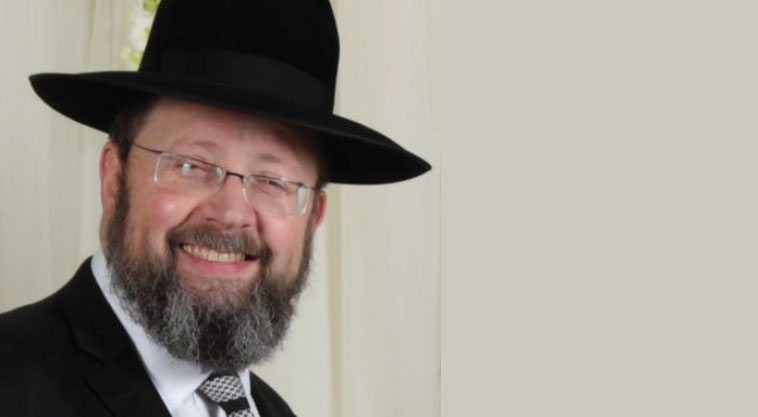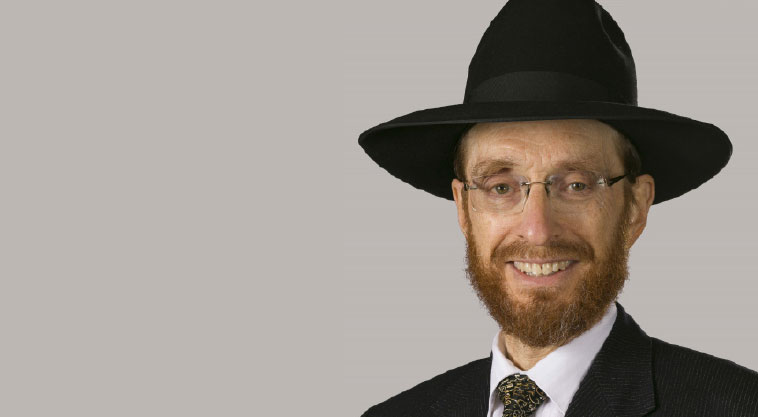Shared Space: Chapter 45


Kivi Denburger had never been a rebbi guy, not like Tishler who had a seder to walk Rebbi home for lunch or Sutton who needed to sit in the front row during the shmuess so that he wouldn’t miss a single gesture.
He’d gotten by just fine without the intense late-night private rebbi talks or extra pats on the shoulder. He learned well, he showed up to davening on time, and got along with everyone else. The way he saw it, there was no reason for special sessions.
Before he left to Eretz Yisrael, he’d made the traditional trip back to yeshivah to get the farewell shmuess. The rosh yeshivah, aged and gentle, offered brachos. Reb Dovid, cool Reb Dovid who changed ties every few days and seemed to speak without moving his lips, smiled at Kivi and said, “Even if you’re not hungry, it’s always good to know where the nearest restaurant is.”
Kivi had no idea what it meant, so he smiled back. It was an odd thing to say.
Then, he got to Eretz Yisrael and experienced a rough zeman. He was sick at the beginning and ended up with a lousy chavrusa. He wasn’t sure if he should stay and push through or go back to America instead, where he could just sit and learn and not worry about laundry and meals and the baal dirah who was always screaming and threatening to sue.
But America also didn’t have buses pulling up near yeshivah every morning and discharging hundreds of yungeleit with hatbands green from too much sunlight, black sweaters pimpled from too much wear, and faces worn from toiling by a Gemara hour after happy hour. America didn’t suddenly shut down on Friday, quiet and sparkling and alive, flower vendors setting up shop near bus-stops as cars pulled over.
He’d ended up calling Reb Dovid, even though he felt weird doing it, like it was only for people who really had trouble. Reb Dovid hadn’t said much, but he listened in a way that allowed Kivi to answer his own question and know what he wanted.
He’d stayed in Eretz Yisrael and had the best year of his life.
Now, he found he was looking forward to their conversation, scheduled for just after shiur at the yeshivah. Kivi was happy to have a day trip that would allow him to avoid 55 Norton Place for the next few hours, and as he hit the Garden State Parkway and headed toward yeshivah, he relaxed.
An hour later, he turned off onto the single-lane highway, passing signs and buildings that hadn’t changed in the decade since he’d first come here as a nervous 16-year-old. His father had driven him in for the bechinah, and they’d taken along a few other bochurim. Kivi had heard his parents discussing it: Hershel wouldn’t ask for money, but if their parents offered to help out with gas, he wouldn’t say no.
The yeshivah, back then, had seemed so scary, bochurim walking intently down the hall, certain of where they were going.
Later, Kivi had understood. However insecure a bochur may be, looking confident when a frightened boy arrives for his bechinah is within reach, an easy way to feel you belong. You’re only an outsider until someone is a bigger outsider than you.
(Excerpted from Mishpacha, Issue 750)
Oops! We could not locate your form.




